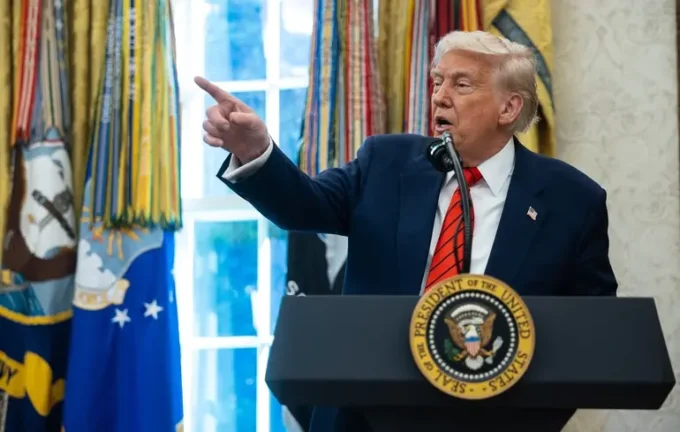Why Trump Favors Israel Over Ukraine: A Political Game of the Lipmann Gap

In recent weeks, the focus of U.S. foreign policy discussions has intensified as President Donald Trump has shown a tendency to prioritize support for Israel while simultaneously reducing military aid to Ukraine. This phenomenon raises questions about internal political motives and strategic priorities within the administration. Analyzing this, it’s important to understand the concept of the “Lippmann Gap” — a theory describing the mismatch between America's international commitments and its actual military capacity. According to expert opinions and analytical commentary, America’s military resources are currently stretched thin: supporting Israel in its conflict with Iran on one front, and aiding Ukraine in its fight against Russian invasion on the other. In response to these challenges, the Pentagon reportedly is halting supplies of weapons to Ukraine, including Patriot air defense systems, aiming to conserve resources for other regional conflicts. Most of the US military’s reserved arms are aimed at deterring potential Chinese aggression, particularly in the Pacific region. Global politics today revolve around the idea that different foreign policy actions can contradict each other due to limited resources. Trump, known for his populist approach, makes a strategic choice favoring Israel while cutting back support for Ukraine, a decision driven by internal politics and strategic priorities. This strategy is driven by the realization that conflicts in diverse regions demand substantial resources, which the U.S. cannot fully supply simultaneously. In essence, Trump’s approach exemplifies the effort to deliver quick, symbolic displays of military strength—such as Operation “Northern Motech”—while avoiding prolonged, large-scale conflicts with major powers like Russia. Furthermore, this reflects the reality that limited resources force the U.S. to choose among competing priorities, thus creating the “Lippmann Gap”: a discrepancy between commitments and capabilities. Overall, Trump’s policies demonstrate that constrained international diplomacy and military capacity, combined with internal political divisions, shape a unique balance and conflict in U.S. foreign relations today.

